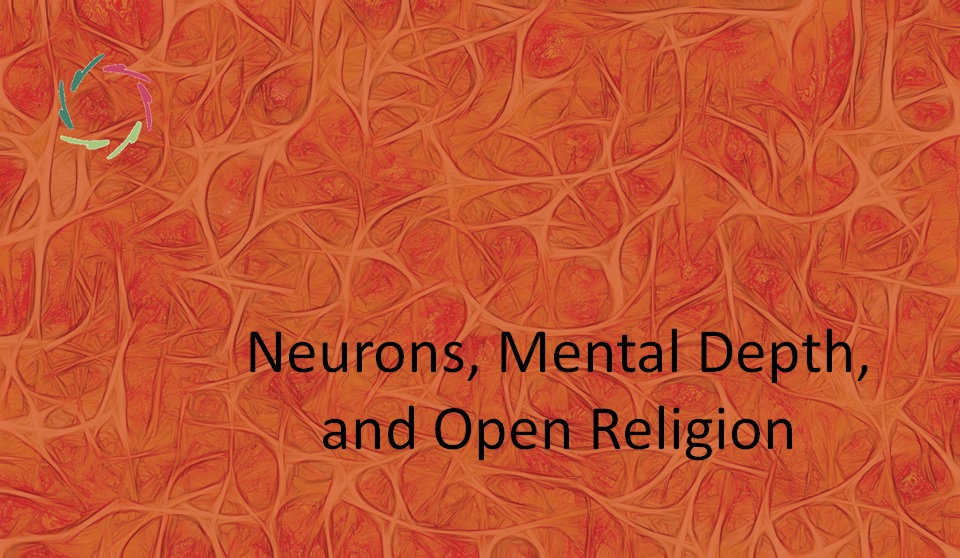Superficial Symbolism

There’s a lot of superficial symbolism around, especially in alternative medicines and New-Age spirituality, but also in old traditions such as freemasonry.
Is ‘superficial symbolism’ possible?
Not literally since symbolism itself is about depth. [see: “Symbolism: How-To”] But one can feign depth, or one can think to reach it by just putting stuff together that looks like the real thing. This pseudo-symbolism doesn’t deeply nourish the soul. It rather acts as a placebo. Something happens by expectation, not by symbolism.
Many people are easily fooled, and others are ready to bamboozle them. Paradoxically, the difficulty of the domain makes it harder to get, therefore harder to discern real from false, therefore easier to mingle it with foolishness.
To make it even more challenging, the same person can be attracted by deep and superficial symbolism without feeling the difference.
What makes ‘depth of symbolism’?
[see: “What is ‘Depth’?]
It’s the same question as: “What is good (versus bad) art? Is it not utterly relative and subjective?” Yet for very long, and despite sycophants, epigones, and superficial followers, people have felt in-depth what is good art without being able to straightforwardly tell why.
Any producer of ‘something deep’ may feel what it’s about and what it takes ― sometimes very much. People may feel the depth of true symbolism as more important than anything else. It shouldn’t be carelessly thrown in or out of the window.
Then why do people want to be fooled?
People may like superficial symbolism because it combines:
- the idea of ‘there is more,’ giving some a chance to feel life itself as more meaningful ― escaping their everyday’s superficiality
- the certitude of not encountering what may prove to diminish one’s control over many things, mainly the self. [see: “Why People Want Magic”]
This wanting to be fooled is like wanting to be a magician but being afraid/anxious of real magic. Such anxiety may have the depth of Eigenangst, or it may be more mundane, just being afraid of being caught as an imposter.
The easiness is a crucial attractor in this.
One can see this in communications such as ‘this ancient wisdom, now made available to you.’ Rest assured, depth may be simple, but it’s never ‘easy.’
Yet without depth, superficiality doesn’t satisfy. It doesn’t quench the thirst of the soul. It’s not durable and leads to dependency. One then desperately needs the superficial look-alike to at least have something. Will much of that superficial something be enough to quench the thirst? Herein lies a mistake about the real nature of the thirst. Plain water will never do.
Moreover, it’s dangerous in many ways.
Superficial symbolism is part of a swamp
In this swamp, many currents come and go like fads with promises unkept, sys, unkeepable.
Next to this, an ivory tower of conceptual rationality looks at the swamp with disdain. [see: “The Tower and the Swamp”] Meanwhile, it’s difficult for the tower to appreciate true symbolism, which lies at the other side of the tower, in a nice piece of nature.
In the future, part of the tower will vanish into the swamp. Hopefully, the swamp will then disappear. The remaining landscape can be one of unity of tower and beautiful nature in all its symbolic splendor.
Symbolism and rationality belong together.
When this gets realized, the future is promising.


